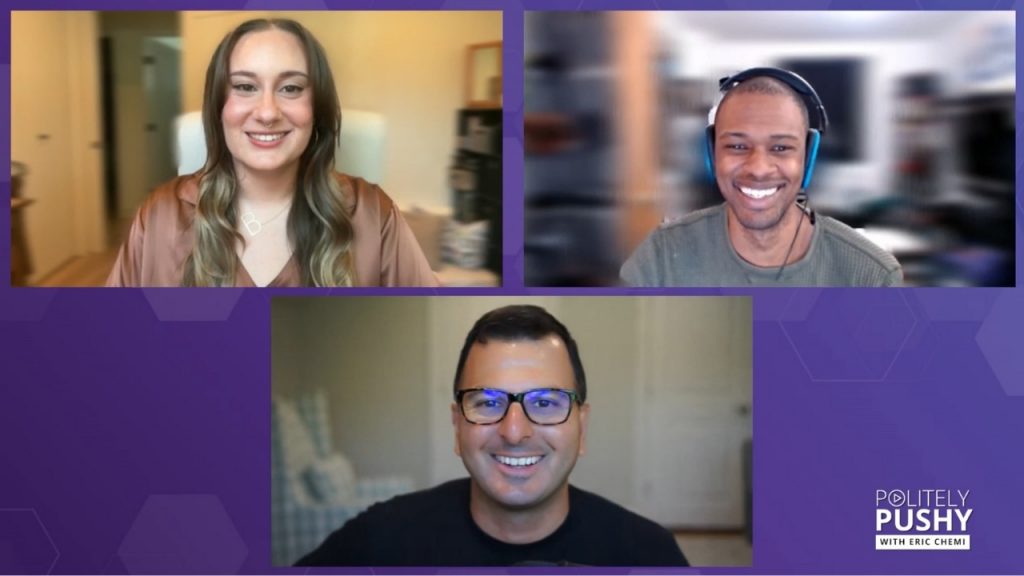In its infancy, social media was a forum for socialization, self-expression, validation, and entertainment. Great posts were rewarded with likes, comments, and visibility from our networks. Logging on and posting was new and exciting, similar to the feeling of getting your driver’s license.

Over the years, the comments started to dry up, likes became scarce, and in the blink of an eye, your network stopped seeing that post celebrating running a half marathon. Like driving, logging on, and posting became less exciting and more like a chore.
However, now LLMs are paying attention to your posts and comments, rewriting the role of social media! AI Search agents like ChatGPT, Perplexity, and Claude use social signals from X, LinkedIn, Reddit, YouTube, TikTok, and Instagram to index information to form their answers.New research from Semrush predicts that LLM traffic will overtake traditional Google search by the end of 2027, and as of 2025, 71% of Americans use AI to search for information online.
Social media content is now a discovery engine for AI search. It doesn’t matter if you’re a SaaS company or a Detroit-style pizza restaurant; if the content on your social channels is useful, trusted, up-to-date, and aligned with how people search, AI will find it.
Historically, SEO and paid media shaped how brands showed up in search. Social media hasn’t factored heavily into the equation. Now, AI search pulls from a much broader set of signals, and social media is high on the list specifically:
- Public posts that get engagement
- Commentary in niche forums like Reddit
- Roundups and blog content that reference your brand
- Verified, active social profiles with consistent activity
- UGC that reflects real customer experience
- Public replies/comments, executive quotes, and customer interactions
Okay, but how?
Authority and popularity are measurable
AI search picks up on cues like active social accounts, high follower counts, and third-party mentions. A CEO who gets featured in a “Top Five Follows on LinkedIn” list? That article—and its backlinks, comments, and tags—helps it show up in future queries like “who to know in B2B tech.”
UGC builds brand recognition
When customers tag your company, use your hashtags, or post location-specific content, it generates a data trail. AI search might not pull directly from that site, but that content may show up in blogs or Reddit discussions that it does reference.
Social content mirrors how people search
Want to increase your odds of being surfaced in a query like “best conversational AI – enterprise customer service”? Make sure your posts reflect that exact intent. A post that says “Need help? Our AI chat agents deliver high-quality conversations at any time of the day” is a lot more discoverable than “They are friendly.”
Our Philosophy for the AI Search Era of Social Media
Say something original: Like humans, AI models reward content that adds value, not regurgitated takes.
Keep it clear: From LinkedIn posts to a YouTube description, straightforward writing builds trust.
Use multimedia: Images, videos, and carousels boost engagement and are more likely to be indexed and shared.
Tag and structure with intent: Clean metadata, geo-tags, and relevant hashtags (they are so back!) help with platform discovery and AI signaling.
Make engagement the goal: Dwell time, comments, and shares aren’t just good for social, they’re great cues AI models use to decide what’s worth surfacing. Worry less about reach and impressions.
Update your channels regularly: AI systems default to what’s on LinkedIn, X, or Instagram to
shapes how your company is described or recommended, even in contexts you didn’t control.
The Three Most Important Social Moves for AI Search Optimization
1. Diversify your content strategy
Don’t rely on one channel or format, share ideas across LinkedIn, YouTube, and Reddit, and use short-form video, carousels, and comments from experts to establish credibility from multiple angles.
2. Empower real people to speak
AI search and buyers trust individuals more than brands/logos. Encourage executives and subject matter experts to show up and create! Comment on posts, share personal insights, and be part of the conversation, not just a poster.
3. Optimize with intention
AI visibility starts with performance on the platforms themselves. Your new KPIs:
The better your content performs where it lives, the more likely it is to show up in AI search, shaping the narratives served to users.
Bottomline: When your content earns trust from people, it earns credibility with algorithms. And, social media is a powerhouse for generating AI and user trust.
AI has already transformed social media marketing. Talk to our team today about how we can help your social channels power AI search optimization!




